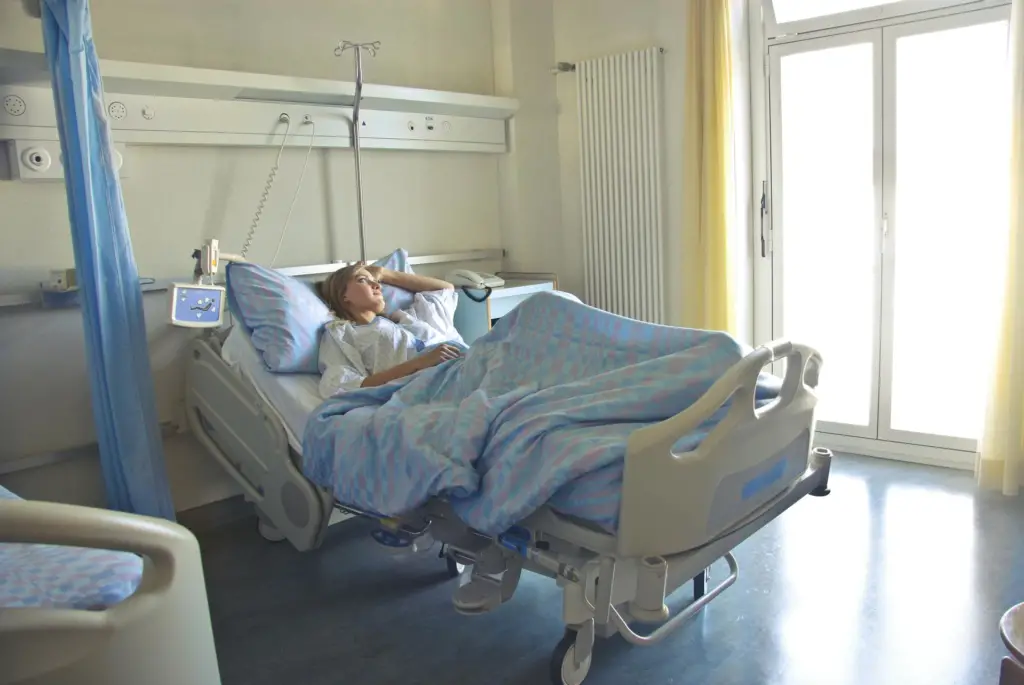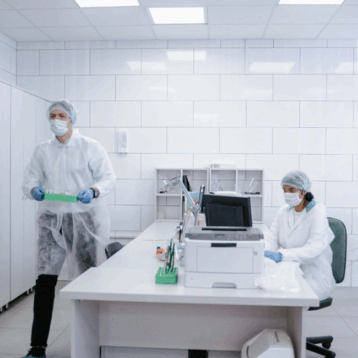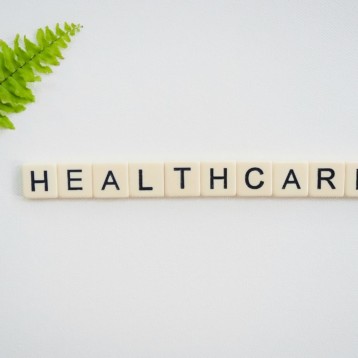
CRM systems have become essential for industries, including healthcare, serving as tools for patient service teams. Implementing a CRM system can offer benefits, from improving communication to enhancing the overall patient experience. In this article, we will delve into the advantages of utilizing CRM in services.
Improved Communication and Collaboration
An important perk of any CRM for a patient services team is its ability to enhance communication and collaboration. Traditional communication methods like phone calls and email threads can be cumbersome and ineffective when dealing with patients. A CRM system provides a platform where team members can easily communicate, share information, and coordinate their efforts.
Moreover, by utilizing a CRM system that integrates with tools such as email clients and instant messaging platforms, team members can effectively collaborate on patient case files. This ensures that all parties involved are kept informed about patients’ medical histories, treatment plans, appointment schedules, and any ongoing follow-ups.
Appointment Scheduling
Managing appointment scheduling is crucial in patient services but can often pose challenges. Managing patients and coordinating with healthcare providers can be quite challenging, emphasizing the importance of having an effective system in place. Utilizing a CRM system specifically designed for healthcare settings can streamline appointment scheduling processes and minimize errors made by humans.
By establishing rules within the CRM system, patient services teams can effortlessly align patients’ needs with appointment slots. This is especially useful for healthcare facilities that rely on temporary staff like traveling physical therapists or consulting doctors from other hospitals. Moreover, automatic notifications and reminders can be dispatched to both patients and healthcare providers through the CRM system, ensuring communication and reducing the risk of missed appointments.
Patient Data Organization
Efficient data management plays a role in delivering personalized care and maintaining quality standards within any healthcare environment. With a CRM system, patient services teams can securely store all information related to each patient and retrieve it as needed. This may include histories, treatment plans, diagnoses, prescribed medications, allergies, and communication logs.
Centralizing this data allows patient services teams to swiftly locate details when assisting patients over the phone or in person. This not only saves time but also promotes accurate and consistent responses.
Enhanced Patient Satisfaction
Every healthcare organization must prioritize an improved patient experience. A CRM system supports this objective by offering tailored care to each patient.
Having an understanding of each patient’s background, including their preferences, past engagements, and specific requirements, healthcare professionals can offer a personalized service. For example, if a patient favors receiving emails or phone calls or faces scheduling constraints due to work commitments, these preferences can be noted in the customer relationship management (CRM) system. This level of customization showcases the patient services team’s commitment to catering to needs. Going the extra mile to deliver outstanding service.
Efficient Follow-up Care
Managing follow-up care is an aspect of services. Following appointments or medical procedures, patients often need care or help managing their medications. For example, patients in a weight loss program that prescribes Zepbound medications online often need follow-ups for managing their progress on the medication. By leveraging a CRM system, patient services teams can easily schedule reminders for follow-up appointments. Send information to patients about their medication regimen or post-treatment instructions.
Moreover, CRM systems come equipped with automation capabilities that allow for sending reminders for check-ins with patients through their communication channels. These automated prompts ensure that patients receive support throughout their treatment journey.
Enhanced Documentation and Reporting Efficiency
Accurate documentation and reporting are vital for patient services teams to monitor patient interactions, record details, and generate reports for analysis and decision-making purposes.
Customer relationship management (CRM) systems come with tools that simplify the documentation process and boost productivity. Using a CRM system, teams handling patient services can effortlessly log all interactions with patients, such as phone conversations, emails, scheduled appointments, and follow-up actions. This guarantees that no details slip through the cracks, creating a record of each patient’s experience.
In summary, CRM systems have revolutionized industries’ operations by streamlining procedures and enhancing customer satisfaction. Healthcare is no different. The integration of a CRM system can greatly benefit service teams by fostering better communication among team members, automating appointment scheduling tasks, efficiently managing patient information, and delivering personalized care experiences. By incorporating CRM technology into their routines, patient service teams can enhance the quality of service they provide while improving patient outcomes.










